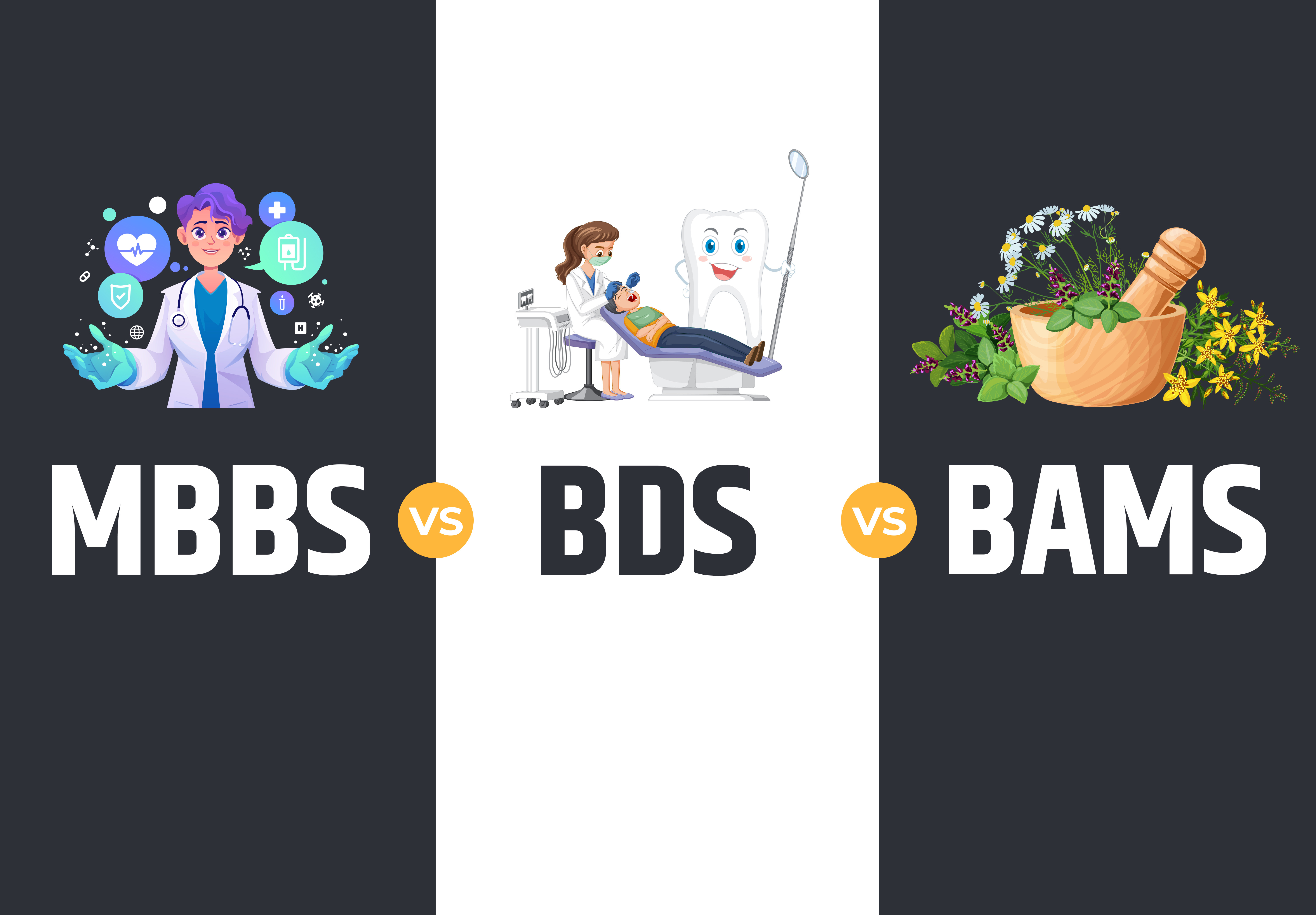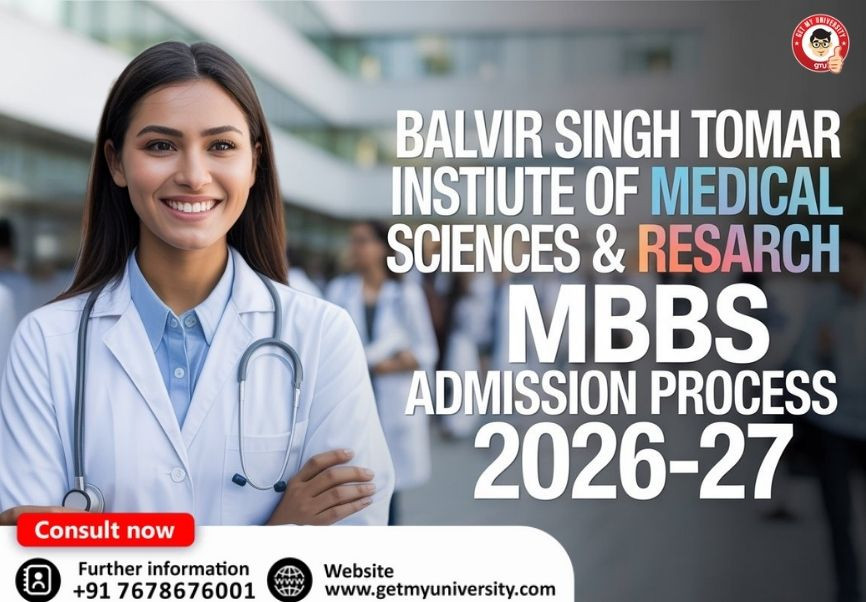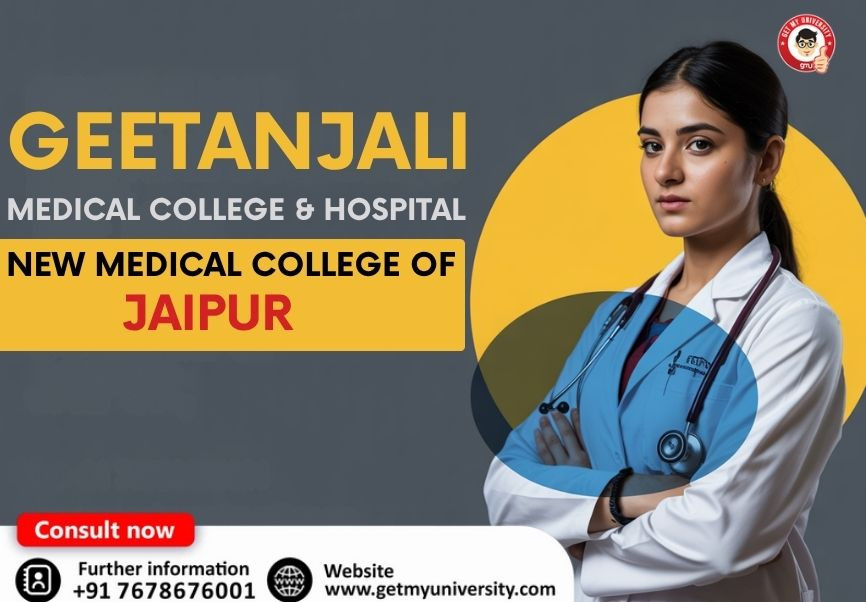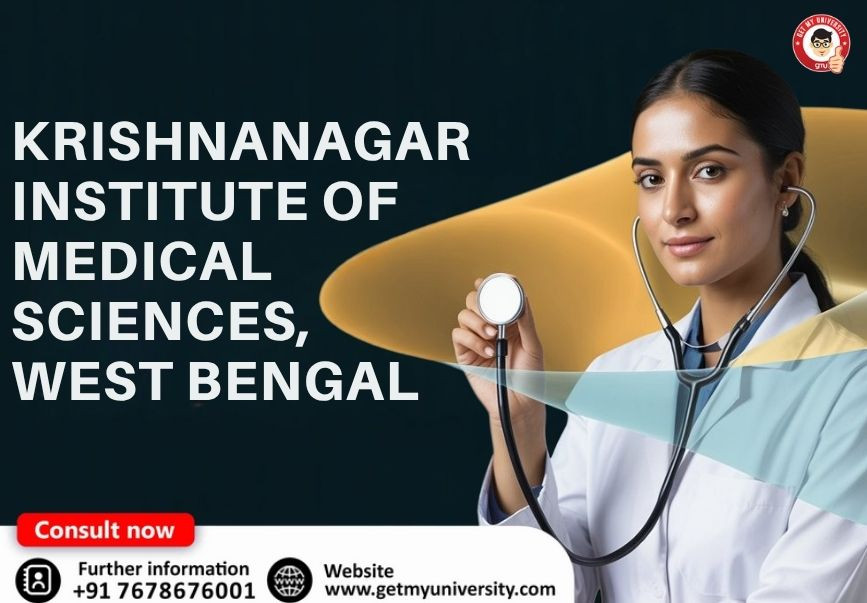|
Table of content |
The most popular medical programme and a student's first choice is MBBS. Every student prefers to study MBBS over other medical degrees due to its popularity and financial advantages.
Many medical students encounter difficulties when they are denied the opportunity to pursue MBBS owing to financial or academic constraints.
Nothing to worry about, though!
If MBBS is not desired, a medical student may choose other medical programmes like BDS and BAMS.
Read the post to gain clarity and learn the differences between the three programmes, MBBS, BDS, and BAMS.
What is MBBS, BDS, BAMS?
MBBS
The most popular medical program in India is MBBS (Bachelor of Medicine and Bachelor of Surgery including a one-year internship in the 5.5-year program. MBBS graduates can work as doctors in hospitals, clinics, and other healthcare settings.
There is no way that MBBS can be compared with other medical courses. Due to the fact that MBBS is the most well-known and valued medical program. The only thing to be concerned about is the fact that the MBBS program is not what every medical aspirant can do easily as it involved a lot of hard work and effort during the MBBS course in order to become a successful doctor.
BDS
The 5-year undergraduate BDS (Bachelor of Dental Surgery) program emphasizes dental health and oral surgery. Dentists with a BDS degree can find employment in private practices, clinics, and hospitals. BDS is the best curriculum to follow if you want to become a dentist.
BDS is not in high demand because so few people are aware of the importance of dental health. Only urban residents are aware of oral surgery and dental health. Thus, BDS is not well known and desired since there is a lack of awareness about dental hygiene.
BAMS
The BAMS program, which lasts five and a half years, concentrates on the fundamentals of the Ayurvedic medical system, which dates back to ancient India. Students who are interested in remedies that are organic and desire to help others can choose to pursue BAMS in India. Ayurvedic physicians who hold a BAMS degree can find employment in private practices, hospitals, and clinics. Sanskrit is also one of the required subjects for BAMS in India.
BAMS is definitely a good option for aspirants with Sanskrit as a mandatory subject and other subjects including Kayachikitsa, Prasuti Tantra Evum Stri Roga and Agadtantra.
Which one is better BAMS or BDS?
Both medical programs give aspiring doctors access to their distinctive expertise. However, if we dig deeper, the following arguments help us stand by our assertion that BAMS is currently better than BDS.
A medical student's primary restriction following BDS graduation is that they are only permitted to practice dentistry. However, in the case of BAMS, there is no such restriction. A medical aspirant has the option to practice as a gynaecologist, paediatrician, general physician following completion of BAMS. Thus, it is a big advantageous thing of learning to pursue BAMS.
Additionally, a student gains an understanding of all aspects of surgery and medicine while studying BAMS. A student can learn about both ancient and modern medicine in BAMS. Therefore, if we compared BDS with BAMS, this is a decent alternative because practically every subject that is taught in MBBS is also taught in BAMS.
The government of India appeared to be supporting the BAMS medical programme in the year 2022, which is the second reason BAMS is superior to BDS. As. Our Prime Minister tweeted in the year 2022 that "AYUSH doctors are now equally recognised as Allopathic doctors. This has transformed medical treatment" PM @narendramodi.
For your knowledge, AYUSH sector includes Ayurveda, Naturopathy, Homeopathy, Unani, Siddha.
Since the pandemic, the role of alternative medicine increased, which has led to a significant change in the belief system towards Ayurveda among the general population. As a result, BAMS has changed through time and become more well-known, providing excellent opportunities for the future.
Given the aforementioned justifications, it can be said that BAMS is unquestionably an excellent alternative for students who, for whatever reason, are unable to pursue MBBS in India.
MBBS Vs BDS Vs BAMS
| Particular | MBBS | BDS | BAMS |
| Full Form | Bachelor of Medicine, Bachelor of Surgery | Bachelor of Dental Surgery | Bachelor of Ayurvedic Medicine & Surgery |
| Duration | 5.5 Years | 5 Years ( 4 Years + 1 year of compulsory paid internship) | 5.5 Years ( 4.5 Years education + 1 Year compulsory internship) |
| Eligibility | 50% or above in 10+2 in PCM/PCB with English as a mandatory subject | 10+2 with a minimum of 50% Compulsory subjects include Physics, Chemistry, Biology | Class 12 with Physics, Chemistry, Biology |
| Admission | NEET | NEET | NEET |
MBBS Vs BDS Vs BAMS Career Prospects
Career after MBBS ( Bachelor of Medicine, Bachelor of Surgery)
• Specialist Doctor
• Physician
• Surgeon
• Medical Professor
• Lecturer
• Research Scientist
Career after BDS (Bachelor of Dental Surgery)
• Dentist
• Dental Surgeon
• Endodontic
• Oral and Maxillofacial
• Pathologist
• Oral Surgeon
• Orthodontic
• Paedodontic
Career after BAMS (Bachelor of Ayurvedic Medicine and Surgery)
• Therapist
• Sales Representative
• Pharmacist
• Clinical Trial
• Coordinator
• Medical Representative
• Ayurvedic Doctor
• Sales Executive
Conclusion
Ultimately, the right medical course for you will depend on your interests, skills, and career goals. It is recommended that you research each course thoroughly and speak with professionals in the field before making a decision. For expert assistance, you are free to consult Team Get My University and get advice to secure your medical career.




.jpg-79334.jpg)










.jpg-12992.jpg)
